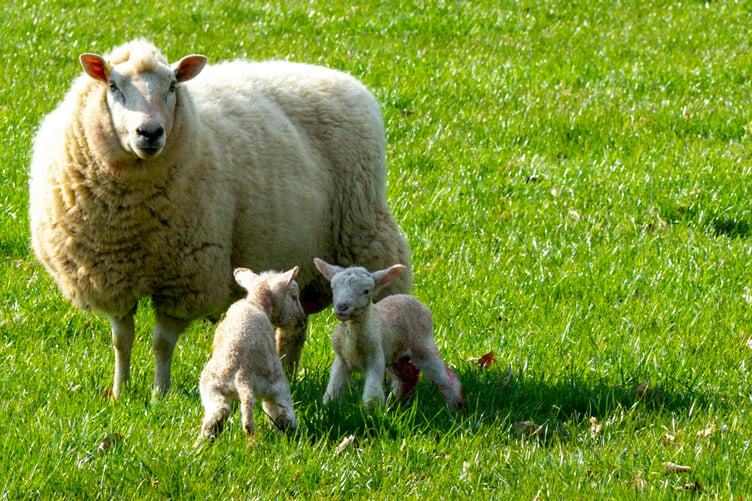As the skies brighten, temperatures rise and lambs are spotted in farmers fields, experts have urged members of the public to take care when on Spring countryside walks.
Natalie Byrne, an outdoors expert from Millets, has commented on how to both enjoy and respect countryside areas.
“On weekend breaks or days off many people choose to head for the countryside to relax and spend some time in the fresh air,” she said.
“However, there are rules and guidelines in place to ensure that everyone is doing their part to look after the area.
“Often people visit the countryside without understanding what the countryside etiquette is, so we’ve put together a few tips and tricks for visitors to follow so that everyone can enjoy themselves, and we can preserve these wonderful areas for future generations.
“A lot of these are general rules that people know to follow, such as respecting everyone, but a few are specific to country areas. These guidelines and general practices are there to protect the local wildlife and the environment, but also the local community and residents.”
Respect Private Property:
Possibly the most important of all the tips is respecting private property. Oftentimes, areas of the countryside are owned by individuals or communities.
When exploring country areas it is essential to respect private property signs and obtain the right permission if you need access to any private land.
Keep to Designated Paths and Trails:
Similarly, keeping to designated areas and walking routes is a great way to make sure you are not crossing any private areas.
As well as that, the trails are in place for a reason, to help you avoid trampling on any precious crops or disturbing wildlife. Sticking to labelled paths will help to preserve the area.
Close The Gates:
Walking and cycling routes often have gates at various points to keep livestock in their designated areas and prevent them from straying.
When you come across a gate it is vital to ensure that you properly close it after passing through.
Keep Dogs Under Control:
Dog walkers are generally welcome in most countryside areas but in order to respect the wildlife and the terrain you should follow any local rules regarding dogs.
Places with livestock tend to require dogs to be on leads to prevent any cattle from being spooked by the dogs.
Leave No Trace:
The no trace principle applies to all areas of the countryside, whether you are walking, cycling or camping you should put any rubbish in the bin or carry it home with you if there are none in the surrounding areas.
The general rule of thumb is that the area should be left as you found it.
Minimise Noise:
Be mindful of your noise pollution. Countryside areas are quieter than urban ones so you may need to adjust your noise accordingly, especially in the later hours of the evening, to avoid disturbing local residents and wildlife.
Some areas, such as campsites, may have quiet time rules so make sure you are respectful of those.
Educate Yourself:
Before visiting a countryside area, take some time to research the local environment, wildlife, and cultural history.
Understanding an area’s heritage can not only enhance your experience but also help you to better appreciate the area you are visiting.





Comments
This article has no comments yet. Be the first to leave a comment.